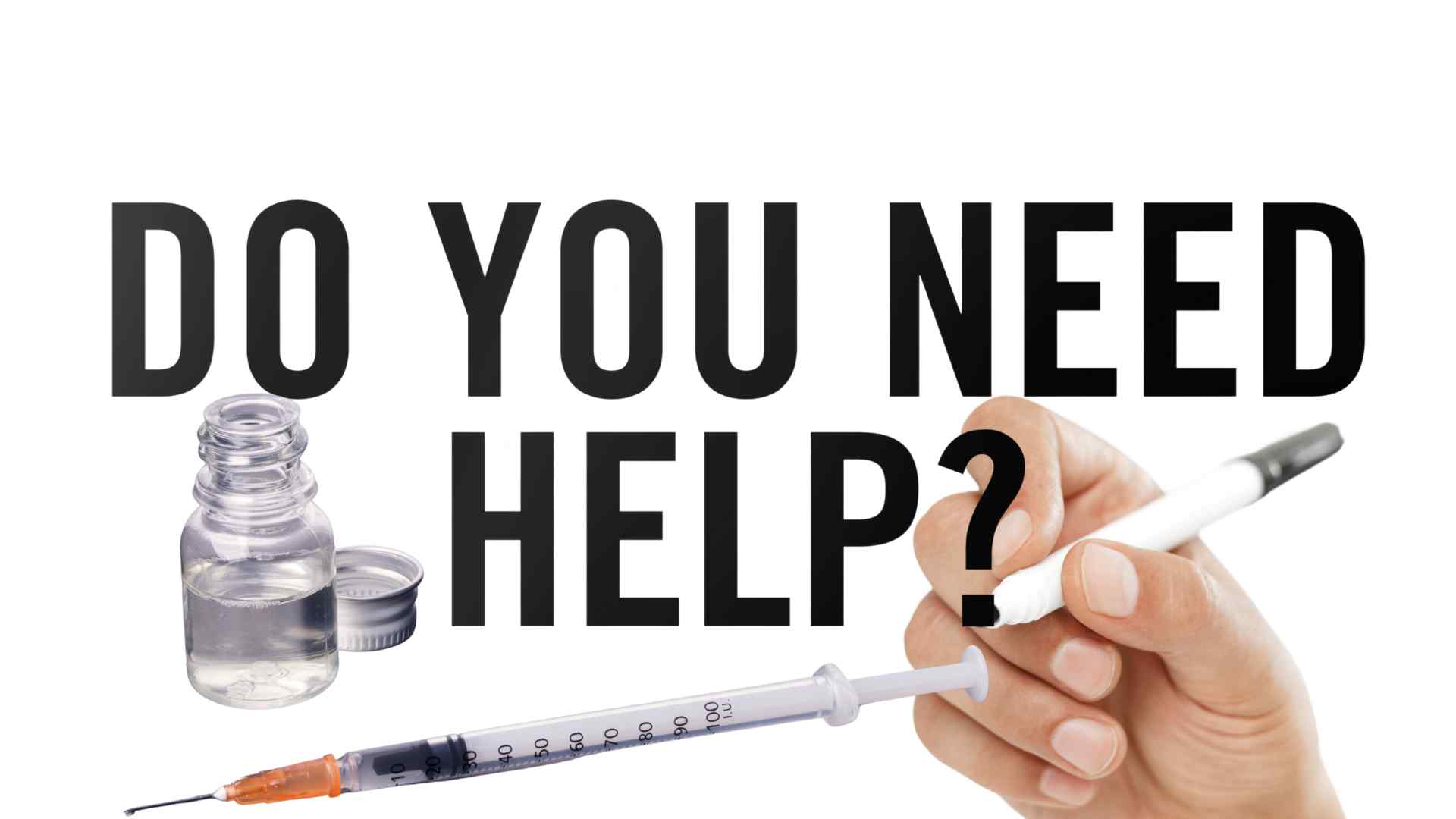Testosterone Therapy: Do You Need It?

Importance Testosterone Therapy
Testosterone therapy is often discussed about various symptoms that might plague adult men. Understanding whether this treatment is appropriate for you involves recognizing the signs of low testosterone and consulting healthcare professionals for a thorough evaluation.
Identifying the Symptoms of Low Testosterone
Many adult men experience symptoms that could indicate low testosterone levels. These symptoms range from decreased libido and insomnia to increased body fat, reduced muscle mass, weaker bones, mood swings, and hair loss. Initially, these issues might not seem alarming; however, if left unchecked and untreated, they can worsen significantly over time. It is crucial, therefore, to be vigilant and proactive in addressing any persistent symptoms.
The Importance of Medical Consultation
Before considering testosterone therapy, it is essential to consult with a healthcare provider to know the Importance of Testosterone Therapy. This step is vital because not all symptoms of low testosterones are best treated with hormone therapy. Particularly in aging men, low testosterone can be a natural part of the aging process, and in such cases, testosterone therapy may not be effective or recommended. Therefore, a medical consultation is imperative to determine the underlying causes of your symptoms and to assess whether testosterone therapy is a suitable treatment option for you.
Understanding Testosterone Therapy
Testosterone therapy involves supplementing the body’s natural hormone levels to counteract the effects of low testosterones. While it can be beneficial in treating specific medical conditions linked to hormone deficiencies, it is not universally applicable to all cases of low testosterone. Especially for aging men, where low testosterone levels might simply be a factor of age rather than a pathological condition, testosterone therapy might not provide the benefits one might expect.
Conclusion
In conclusion, if you are experiencing symptoms that could indicate low testosterone, do not delay in seeking professional medical advice. A doctor can offer a comprehensive evaluation and discuss potential treatment options, including the viability of testosterone therapy. Remember, timely intervention can prevent the worsening of symptoms and improve your quality of life, but it’s crucial to approach treatment with the guidance of a qualified healthcare provider.

